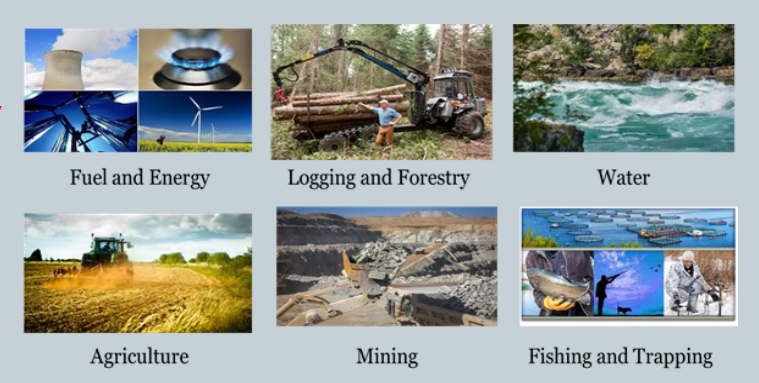Business Test TOMORROW i am a genius
1/23
There's no tags or description
Looks like no tags are added yet.
Name | Mastery | Learn | Test | Matching | Spaced | Call with Kai |
|---|
No analytics yet
Send a link to your students to track their progress
24 Terms
PLOC
Planning
Leading
Organizing
Controlling
Planning:
Setting long or short term goals
Leading
Staying on task
Telling workers how to do things
Motivation
Organizing
Work structure
Assigning tasks/work delegation
Controlling
Keeping accounting records
Security cameras
CRIMNL
Capital
Raw Materials
Information
Management
Natural Resources
Labour
Capital
What the business owns:
Machines
Vehicles
Buildings
Liquid Capital
A form of assets that can be used to convert into money.
Stocks
Bonds
Accounts receivable
Non-liquid examples and real name
Buildings or equipment are examples of a non-liquid asset. Harder to turn into liquid-capital.
These are called Capital Goods.
Intellectual property
The ideas or the talent of a business’ workforce, is a non-tangible form of capital.
Raw Materials Definition + Examples of Ingredients and Supplies
Raw materials are any PROCESSED goods used in the manufacturing of other goods.
Ingredients of Pants:
Zippers
Fabric
Thread
Supplies of Pants:
Sewing machine oil or electric
Paper for invoices
Information
To produce goods and services in a competitive global market, businesses require more information about
New technology
Customers
Competition
Political conditions
Sources of supply
Management
Management consists of the people who run the business and control or direct the factors of production
Management also allocatescompany resourcesand makesdecisionsthat affect the day-to-day and long-term operations of the business.
Natural Resources
Primary industries that take something out of the Earth or the sea can be referred to as extractive industries. (Goods that are directly from the earth.)
Fuel and Energy
Logging and Forestry
Water
Agriculture
Mining
Fishing and Trapping

Labor + 2 ways businesses do to save on labour costs
Labour includes all of the physical and mental (cognitive) work needed to produce goods and services. Labour is expensive so most businesses seek ways to save on labour costs.
Businesses now automate and consolidate to save on labour costs.
Consolidation
Consolidation occurs when many small manufacturing sites close down and are centralized into one large site. —> Used to reduce labor costs.
=—-
Consolidation reduces overhead and operating costs by combining smaller production units into one larger, more efficient facility.
Automate
Automation means that many tasks are performed by more them one person using machines.
The Production Process
Purchasing
Processing
Quality Control
Grading (Sometimes)
Purchasing
Some considerations when making purchasing decisions include
the quality of the raw material being purchased
the price of the raw material being purchased
any additional costs associated with the purchase of the raw material
Processing
All non-service businesses convert one item into another through processing. This is called conversion processing.
bauxite 🡪 aluminum
sugar cane 🡪 sugar
wheat 🡪 flour
timber or logs 🡪 paper
Quality Control
Quality control are standards that ensure all produced products conform to prescribed levels of excellence.
What is ISO?
International Organization for Standards (ISO). Creates the best standards for the production process for different procedures.
Numerous industries in 157 countries.
Grading (only part of the production process for some products)
Grading is the act of checking products for size and quality against fixed standards for the product or product category in terms of its technical characteristics
Producers can charge more for higher-grade items.
Grade A Beef, or Premium Gas, instead of regular gasoline.

Productivity Formula
Total Output
— — — — — = Productivity Units
Total Input
Example:
100 Buns
— — — — = 40 Buns an Hour
2.5 hours
Productivity is a comparison of the resources used with the products or services that result.